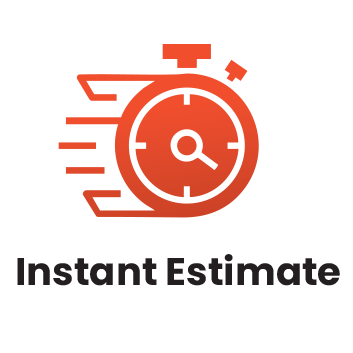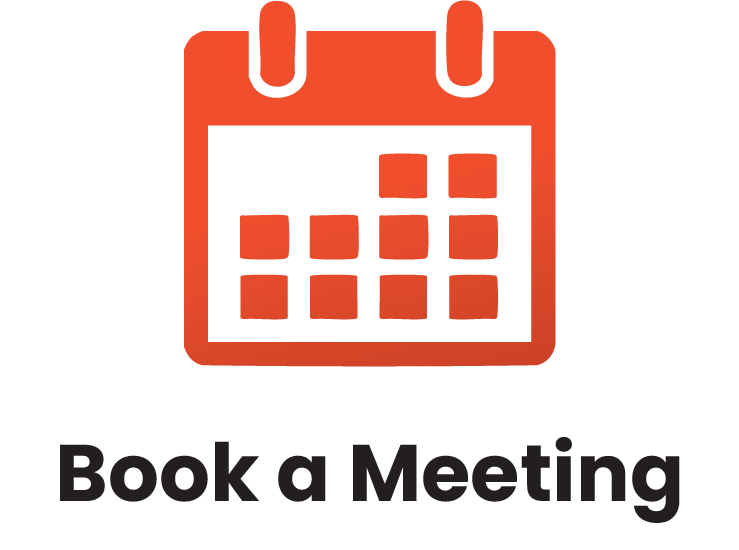Interactive training sessions led by experienced facilitators.
What is In-Person, Instructor-Led Training?
Our in-person training is delivered by a live facilitator who works directly with your team at your location. It’s our most popular format because it allows for real-time interaction, hands-on learning, and direct support.
Every session is tailored to your team’s specific goals, industry, and challenges—no generic, one-size-fits-all programs. Whether it’s a single session or a full training series, we design the experience to be relevant, practical, and fully aligned with your needs.
What is Live Webinar Training?
Live webinars are facilitator-led training sessions delivered online in real time. They’re ideal for teams working in different locations or with busy schedules.
This format offers shorter, more frequent sessions that are easy to coordinate—making it a convenient option for organizations with remote or distributed teams.
What is Virtual Classroom Training?
Virtual Classroom training is live, instructor-led training delivered online. It offers the same interactive experience as in-person sessions, with real-time discussions, group activities, and instructor feedback.
It’s a flexible option for organizations that want to reduce travel, save costs, or better fit training into busy schedules.
What is a Lunch & Learn Session?
Lunch & Learn sessions are short, facilitator-led training sessions delivered in person or online—typically during the lunch hour. They focus on specific topics or skills and offer a quick, engaging way to learn without a full-day commitment.
These sessions can be offered as one-time events or as part of a series, making them a great option for ongoing, bite-sized learning.
Online Learning
Enjoy our self-paced option and learn from anywhere!
$279.00 USD
Business Ethics For The Office
What exactly makes a decision ethical? The problem with ethics is that what may seem morally right (or ethical) to one person may seem appalling to another.
This workshop will not provide you with an easy way to solve every ethical decision you will ever have to make. It will, however, help you define your ethical framework to make solving those ethical dilemmas easier. We’ll also look at some tools that you can use when you’re faced with an ethical decision. And, we’ll look at some techniques you can use so you don’t get stuck in an ethical quandary. Best of all, we’ll look at a lot of case studies so that you can practice making decisions in a safe environment.
LEARNING OBJECTIVES
Learning Objectives
This two-day workshop will help you teach participants how to:
- Understand the difference between ethics and morals
- Understand the value of ethics
- Identify some of your values and moral principles
- Be familiar with some philosophical approaches to ethical decisions
- Identify some ways to improve ethics in your office
- Know what is required to start developing an office code of ethics
- Know some ways to avoid ethical dilemmas
- Have some tools to help you make better decisions
- Be familiar with some common ethical dilemmas


COURSE OUTLINE
You will spend the first part of the day getting to know participants and discussing what will take place during the workshop. Students will also have an opportunity to identify their personal learning objectives.
What are Ethics?
To start the day, we will discuss what the words “ethics” and “morals” mean. Participants will also have an opportunity to identify some of their personal values.
Taking Your Moral Temperature, Part One
Before we begin discussing how to make good decisions, students will be asked to think about how they would respond to some sticky situations.
Why Bother with Ethics?
During this session, we will look at some of the payoffs of ethical behavior.
Kohlberg’s Six Stages
This session will explore Kohlberg’s six stages of moral development through a lecture and a small group exercise.
Some Objective Ways of Looking at the World
We will look at some classic philosophical approaches to problems during this session, including the golden rule, utilitarianism, and the categorical imperative. Participants will also apply these approaches to some hypothetical situations.
What Does Ethical Mean?
What seems to be the ethical choice can differ depending on what side of the dilemma you’re on. To illustrate this, we will look at the case of Merck Pharmaceuticals in a lecture and in small groups.
Avoiding Ethical Dilemmas
This session will examine some ways that we can avoid getting stuck in ethical dilemmas. Then, participants will apply the methods to a case study.
Pitfalls and Excuses
We can always find excuses to make the wrong decision. This session will look at some of the most common reasons for bad decisions and offer some thinking points.
Developing an Office Code of Ethics
This session will look at what a code of ethics should contain, how to determine if your company is ready for a code, and some sample codes of ethics.
22 Keys to an Ethical Office
Ethics expert Nan DeMars has identified 22 keys to help make your office ethical. We will review these keys in a lecture, and then participants will be asked to identify some ways to use the ideas to help resolve areas of ethical concern in their office.
Basic Decision-Making Tools
This session will look at a basic three-phase problem solving model and some problem-solving tools.
Ethical Decision-Making Tools
In addition to the basic problem-solving tools covered in the previous session, there are some special tools that you can use to solve ethical problems. We will discuss some basic tools (such as the smell test and the shoe test) and some advanced tools (such as the Potter box and the Kidder process).
Dilemmas with Company Policy
It is possible that your company’s policies will place you in an ethical dilemma. This session will look at some things that you can do if this happens.
Dilemmas with Co-Workers
During this session, we will look at some ethical dilemmas that co-workers can create. First, we will discuss some basic tips in a lecture, and then participants will complete a case study.
Dilemmas with Clients
Clients can sometimes request that we do something unethical for a number of reasons. This session will examine some of the most common reasons. Then, participants will role play some possible scenarios.
Dilemmas and Supervisors
This session will cover some dilemmas you might encounter as a supervisor, and some dilemmas that supervisors might put you in.
What to Do When You Make a Mistake
Let’s face the truth: we’re all human. We all make mistakes and make decisions that we wish we could take back. This session will examine Nan DeMars’ six-step plan for recovering from mistakes gracefully.
Taking Your Moral Temperature, Part Two
At the beginning of the workshop, participants were asked to think about how they would handle some sticky situations. Participants will now be asked to re-evaluate their decisions in light of everything they have learned.
Workshop Wrap-Up
At the end of the course, students will have an opportunity to ask questions and fill out an action plan.


















